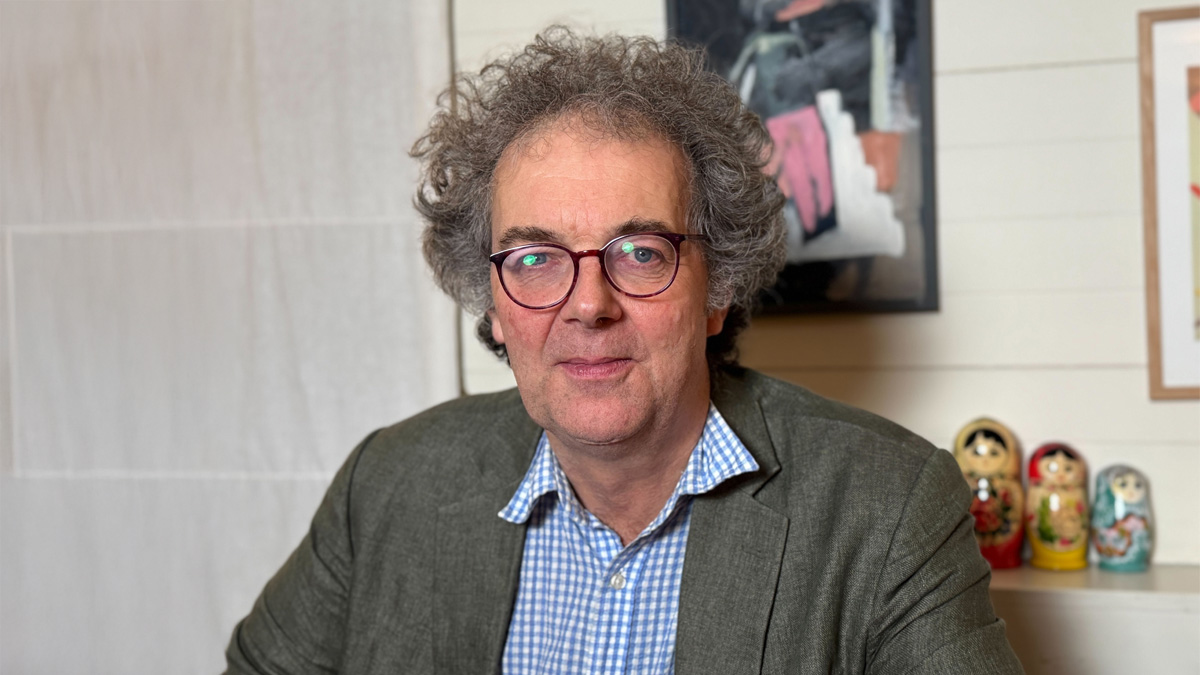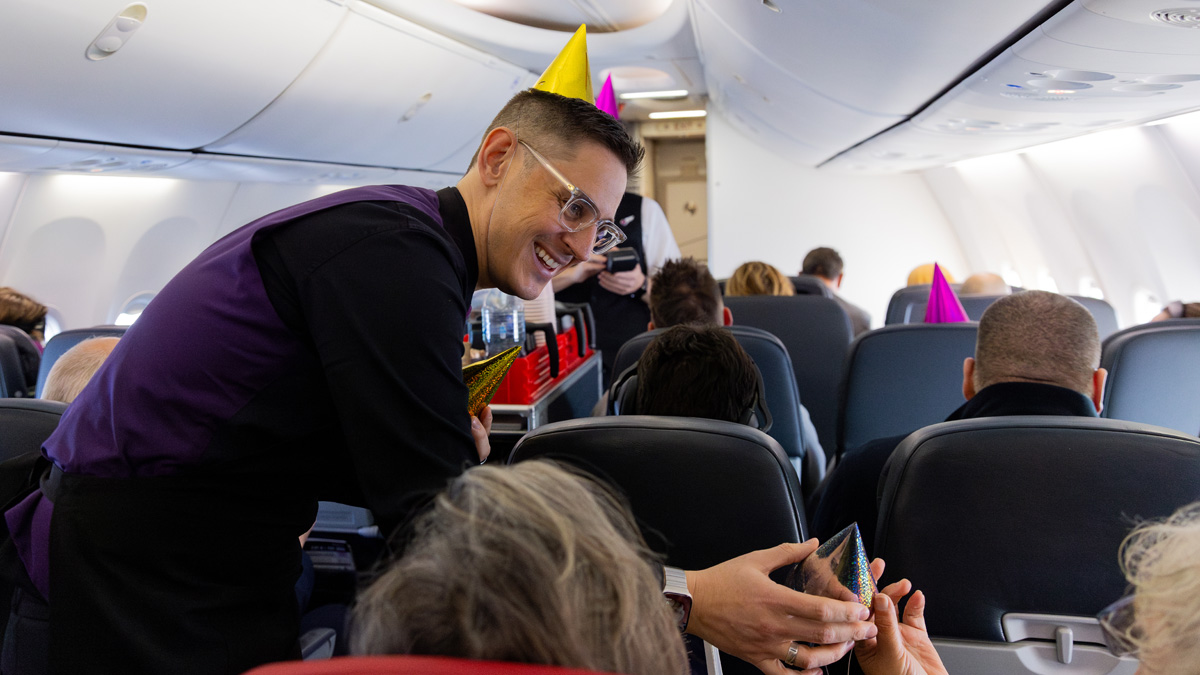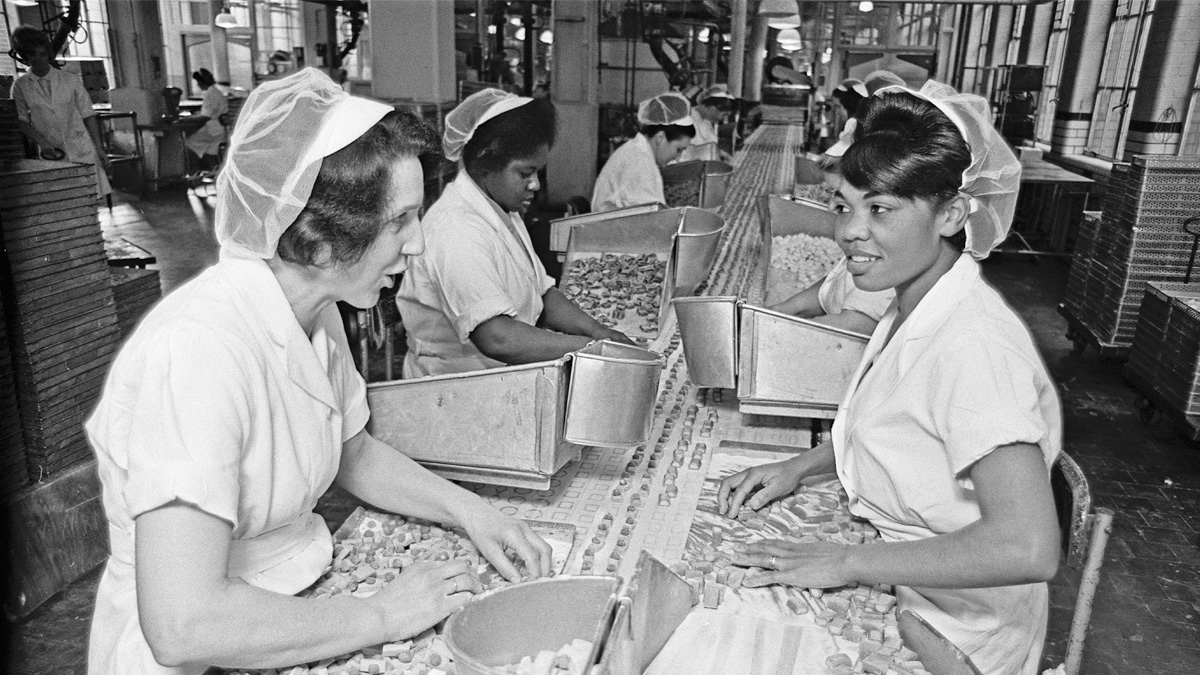Chris Galvin set up the Galvin Restaurants business with his brother Jeff in 2005, having already built up a lot of experience in the industry working for others, including Sir Terence Conran. The first restaurant was in London’s Baker Street and at the height of their empire, the brothers had 14 restaurants.
These days, they have three. The showpiece location is Galvin La Chapelle, in Spitalfields, central London, which has a Michelin-star rating. Adjacent to it is the Galvin Bistro & Bar, along with their luxury pub in Essex called Green Man. The company employs 50 people and the restaurants have an annual turnover of around £10m.
A twin passion for food and business has been a consistent thread running through Chris Galvin’s career.
He grew up in Essex and developed a love of cooking from observing his grandmother, who used to cook lavish meals for her extended family. He went on to be a pot washer at a restaurant in Essex, which was run by celebrity chef Anthony Worral Thompson.
After going to college, he worked his way up a series of kitchens in London in the 1980s and 1990s. But one thing that surprised him was the lack of business acumen amongst chefs. “I could see so many young chefs opening restaurants, but going bust very quickly,” he remembers.
So he became intensely interested in the business side of restaurants and would ask owners to see the books. He would also go back to college to pick up business qualifications before launching his own restaurant.
While Galvin restaurants have met critical acclaim, the business has struggled to regain momentum in the wake of the pandemic, which put so many hospitality businesses on the back foot. These are “the most turbulent times I’ve seen” for restaurants, according to Galvin, who cites the Covid-19 pandemic, global conflicts and the cost-of-living crisis as headwinds.
Many chefs and hospitality workers left the industry during Covid, explains Galvin, and did not return, meaning there is still a chronic lack of trained staff.
“The cost of ingredients has soared, too,” he says. “I’m having trouble keeping pace with the cost of ingredients, but we can’t pass that on to our customers, who are cash-strapped.” These problems are not connected to Brexit, says Galvin, because he knows that kitchens in places like Italy and Germany are suffering just as much too.
The trend for office staff working from home has also had a bit impact on his restaurants. Mondays and Fridays are much quieter these days, he observes. Indeed, he even closed his restaurants on Mondays for a while because it was not worth opening. Things have improved slightly and now Mondays are 75 per cent back to normal, with Fridays at around 50 per cent compared to pre-pandemic levels.
Nevertheless, Galvin credits the discipline he has developed as a chef with giving him the tools to fight against the odds. Being a head chef with a nose for business means being “very exacting”, he says. You have to be obsessed with the detail of the business, the P&L, as much as the ingredients for your next award-winning dish.
“People often ask me the secret to a Michelin star,” says Galvin, “and the real secret is consistency.” This is achieved through an obsessive, forensic attention to detail. Galvin believes chefs must apply this to the business as much as the recipes, frequently asking himself what can be taken out that would still keep the business structurally sound.
He also thinks business customs will always be important to his restaurants too.
“Sitting at a table, sharing stories is one of the last bastions of civilisation. And we still see a lot of business being done at our table,” says Galvin, “we see brainstorming and handshakes to complete deals.”
Related and recommended

Rohan Blacker looks back at his time with e-commerce pioneer Sofa.com and explains the thinking behind his latest online furniture project

Leaders must realise the tech revolution can achieve its full potential only when human values remain central to change

A closer look at the Northern companies turning artificial intelligence into measurable business results

Many argue the five-day week is no longer fit for purpose, but can a four-day week really work for businesses?

